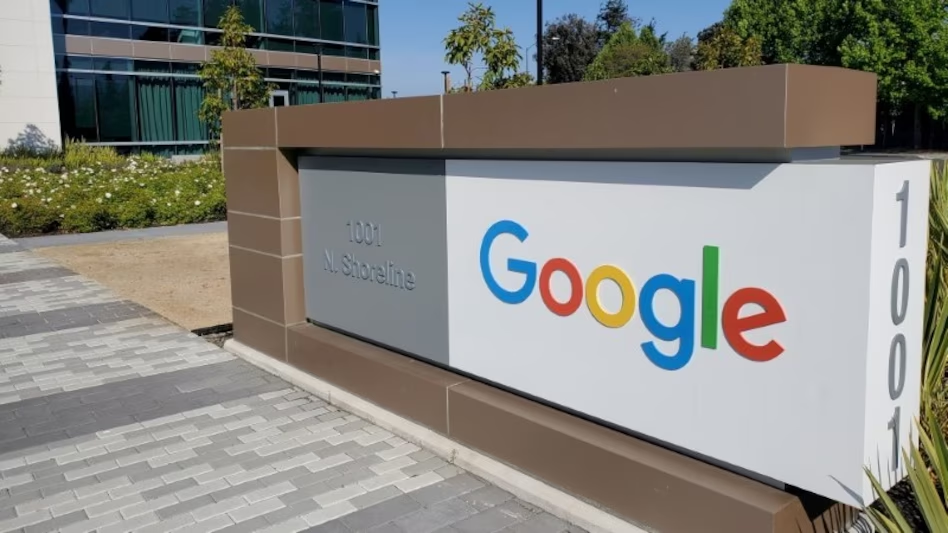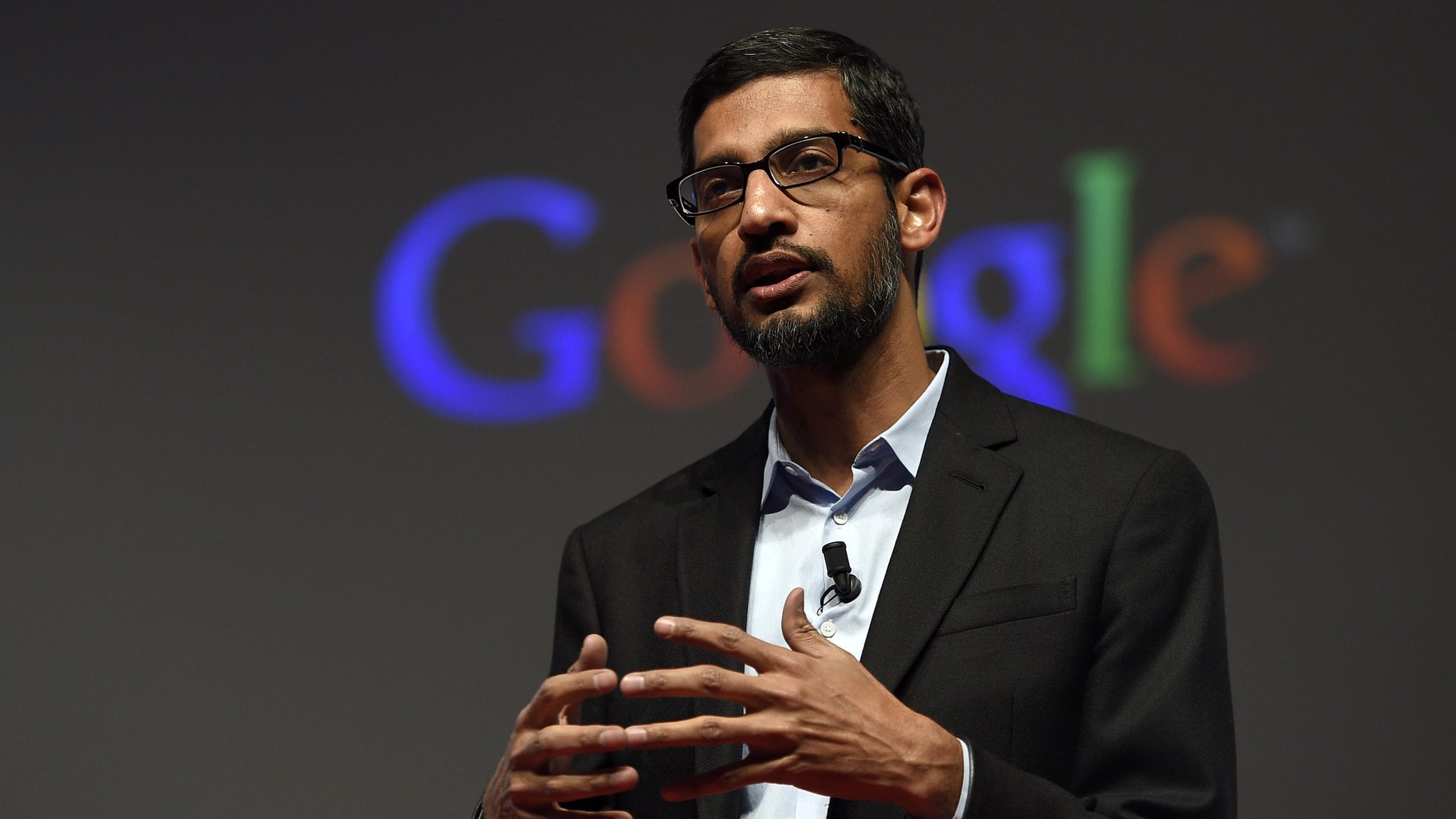In a firm shift from the pandemic-era remote work model, Google has issued a clear and uncompromising message to some of its employees: return to the office or face the possibility of losing your job. The tech giant has begun instructing workers in specific teams—some of whom had previously been granted remote work privileges—to adopt a hybrid schedule or accept voluntary exits.
This decision comes at a time when Google, like many of its Big Tech peers, is aggressively pursuing cost-efficiency and investing heavily in artificial intelligence (AI) innovation.

What Triggered the Mandate?
According to internal documents viewed by CNBC, Google has told employees in multiple units—most notably in Google Technical Services and People Operations (Human Resources)—to return to the office at least three days a week.
-
The mandate affects even those who had previously been granted remote work privileges.
-
Employees who refuse to comply could lose their jobs.
-
Some have been offered a one-time paid relocation stipend to move within 80 kilometers (approximately 50 miles) of a Google office.
A Google spokesperson, Courtenay Mencini, clarified that the directive is not a blanket companywide policy, but one that applies to specific teams.
“As we’ve said before, in-person collaboration is an important part of how we innovate and solve complex problems,” Mencini told CNBC.
She further stated, “To support this, some teams have asked remote employees that live near an office to return to in-person work three days a week.”

Options Given to Remote Employees
Affected employees have been presented with a limited set of choices:
-
Adopt a hybrid work schedule by working in-office three days a week.
-
Accept a voluntary exit package if unwilling or unable to transition to hybrid.
-
Relocate within 80 km (50 miles) of a Google office to remain eligible for hybrid work, with a one-time relocation allowance provided.
-
Human Resources (People Operations) staff living within the 80 km radius must return to a hybrid schedule or face dismissal.
-
Those living further away will need to adopt a hybrid model if they apply for new roles within the company.
A Broader Industry Pattern: Following Meta and X
Google’s move echoes similar return-to-office trends across the tech industry:
-
Meta (formerly Facebook) and Google continue to maintain hybrid work policies, requiring employees to be in the office a few days a week.
-
Amazon and X (formerly Twitter) have adopted a full in-office schedule, mandating five days a week of physical attendance.
Notably, Google co-founder Sergey Brin has taken an especially strong stance on in-office work. In an internal memo earlier this year, he asked employees working on the company’s flagship Gemini AI model to be in the office at least every day and identified 60 hours per week as the “sweet spot of productivity.”

Aligning with Google’s Broader Efficiency Drive
Google's return-to-office policy is part of a larger cost-cutting and efficiency campaign aimed at streamlining operations and supporting the company’s ambitious AI investments.
Recent cost-efficiency initiatives include:
-
In January 2025, the company offered voluntary buyouts to U.S.-based full-time employees in Human Resources.
-
In December 2024, Google laid off 10% of its managerial staff, marking a significant restructuring step.
-
In April 2025, Google cut jobs from nearly 24 teams in the Platforms and Devices group—home to key products like Android, Chrome, Fitbit, and Nest.
-
Though remote work challenges were referenced in internal communications, it was not cited as the primary reason behind these layoffs.
In 2023, Google merged its Android and hardware teams under Senior Vice President Rick Osterloh. In January 2025, Osterloh remarked that the voluntary exit option might be best for those struggling to adapt to the hybrid work setup.
A Cultural Overhaul: Redefining "Googleyness"
This operational tightening is accompanied by a shift in Google’s internal culture. The campaign to increase efficiency formally began in September 2022, when CEO Sundar Pichai issued an open letter to employees.
-
Pichai took full responsibility for past decisions that contributed to inefficiencies.
-
He emphasized the need to fuel future growth after previous periods of dramatic expansion.
-
He also called for a transformation of corporate culture, including a redefinition of “Googleyness”—a longstanding but loosely defined term that embodies the creativity, collaboration, and adaptability expected from Googlers.
Over time, "Googleyness" has come to represent what the company values in its employees: innovation, resilience, team spirit, and the ability to thrive in a fast-paced, mission-driven environment.
Final Thoughts: Remote Work’s Decline at Google
Google's hardline stance reflects a broader trend of reasserting in-office presence across tech firms. The move underscores an evolving understanding of productivity, culture, and innovation—one that favors physical proximity and collaborative energy over the once-revered flexibility of remote work.
As Google continues to reshape its workforce and operations in the AI era, the message is unmistakably clear: hybrid work is not just a preference—it’s a requirement. For those unwilling to adapt, exit paths are already being paved.
With inputs from agencies
Image Source: Multiple agencies
© Copyright 2025. All Rights Reserved Powered by Vygr Media.























